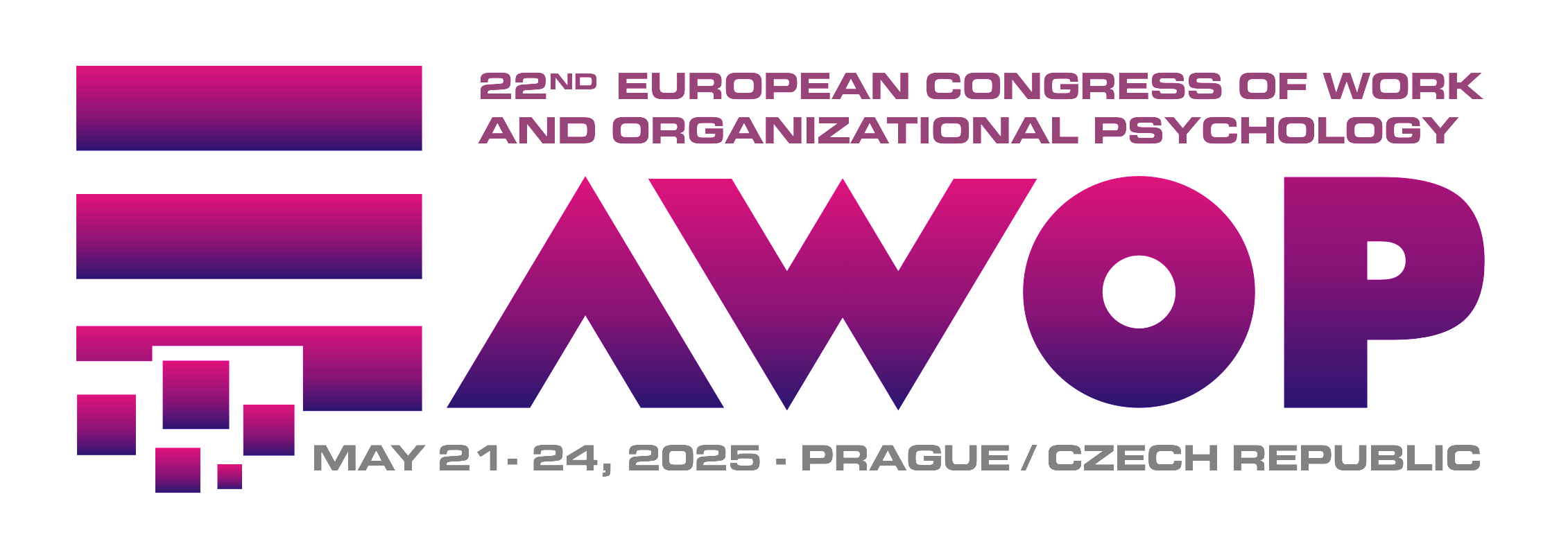Chair: Rob Briner; Queen Mary University of London, Oslo New University College, Birkbeck University of London.
Date: May 21st, 2025
Time: 9:00 – 12:00 (Half-day session)
Price: 40 EUR
Capacity: 50 People
Annotation:
This highly interactive workshop (which will include small group discussions, challenging questions, case studies and quizzes) is aimed at organizational psychology academics, PhD students, pracademics and practitioners. Please note that workshop is directly relevant to all these different audiences and, depending on the mix of participants, the workshop will be adjusted to ensure it meets the needs of all those who attend.
Like other areas of applied psychology such as clinical, educational and health, the effectiveness of the profession depends on using the best available scientific and contextual evidence to first understand clients’ problems and issues and then doing the same to identify and implement solutions and interventions. In other words, effectiveness depends on evidence-based practice.
The effectiveness of the profession also depends on both the educational and scientific work of academics in the field. Are they producing high quality and practically relevant research? Are they training students to become evidence-based practitioners? If they are not doing these things, then they are not contributing to the effectiveness of the field.
The aims of the workshop are to:
1. Consider the meanings, origins and practice of evidence-based practice across a range of professional fields (e.g., medicine, policing, policy-making).
2. Assess participants own understandings and experiences of evidence-based practice in organizational psychology.
3. Present and then apply a new model of evidence-based practice. Participants will be presented with case studies of a several practical organizational psychology and HR issues including diversity, well-being and performance management and then be asked to apply the model to these cases.
4. Critically evaluate, using clear criteria, the extent to which organizational psychology *practitioners* are evidence-based in their practice and identify factors that inhibit (e.g., clients don’t want it) and facilitate (e.g., clients asking first for a diagnosis of the issues) the use of evidence-based practice.
5. Critically evaluate, using clear criteria, the extent to which organizational psychology *academics* are evidence-based in their own scientific and teaching practices and identify factors that inhibit (e.g., pressure to publish, student satisfaction metrics) and facilitate (e.g., changes to journal publishing policies, problem-based learning) the use of evidence-based practice.
6. Discuss the extent to which practitioners and academics are really so different when it comes to being evidence-based in their approaches to their work.
7. Identify ways in which both organizational psychology practitioners and academics can overcome barriers to make their practice more evidence-based.
8. Consider the costs and benefits of becoming more evidence based (e.g., improving effectiveness, improving the ethics of our practice, developing scientifically and practically, etc).
